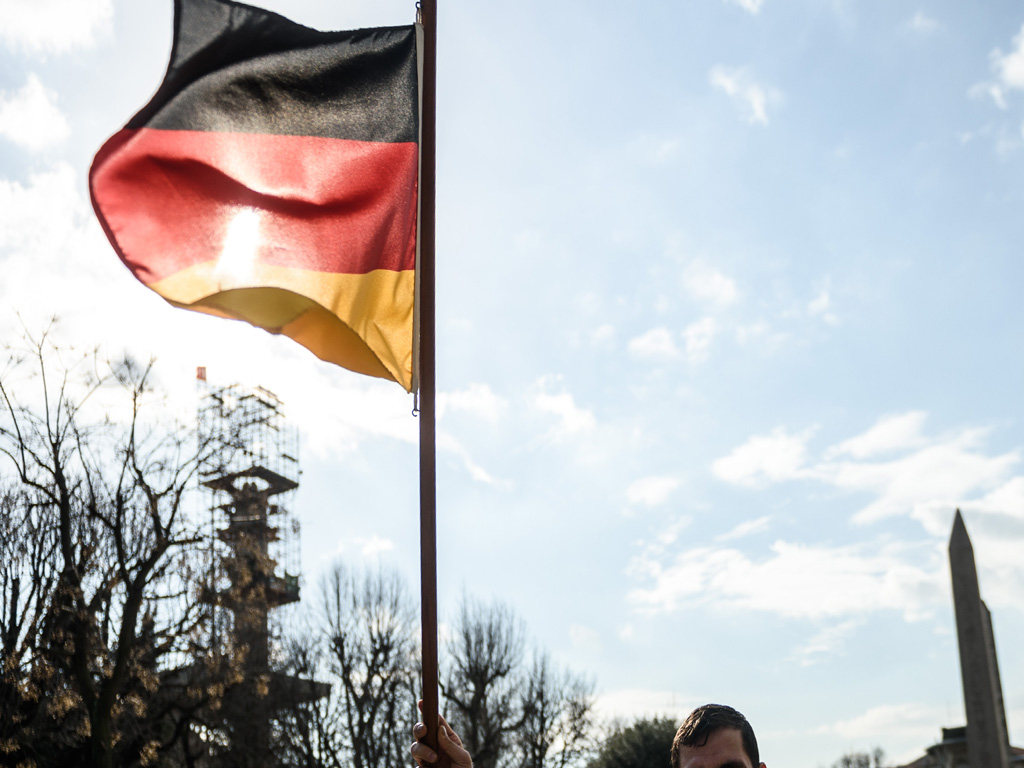 FRANKFURT AM MAIN: Industrial orders in Germany rebounded strongly in June, official data showed Tuesday, although the relief for the troubled manufacturing sector came mainly from a few large contracts.
FRANKFURT AM MAIN: Industrial orders in Germany rebounded strongly in June, official data showed Tuesday, although the relief for the troubled manufacturing sector came mainly from a few large contracts.
Producer firms reported 2.5 percent more orders month-on-month, after a 2.0-percent fall in May, federal statistics authority Destatis said in figures adjusted for seasonal and calendar effects.
That far outstripped forecasts of a 0.3 percent lift from analysts surveyed by Factset.
The overall figure remained 3.6 percent lower than in June 2018, when the unexpectedly strong growth seen through the previous year was finally running out of steam.
And stripping out large orders for items like aircraft or power turbines showed a fall of 0.4 percent in new business.
European powerhouse Germany expects economic growth to slow this year to between 0.5 and 1.0 percent, according to government and independent forecasts, after narrowly escaping recession late last year.
Trade conflicts, the threat of a no-deal Brexit and weakness in emerging markets are all weighing on its export-oriented manufacturing sector, although low unemployment and growing wages have shored up domestic demand.
Looking to different areas of manufacturing, capital goods makers reported an increase of 3.7 percent in orders, while producer goods firms added 1.3 percent.
New business for consumer goods makers fell by 0.4 percent.
And in a geographical breakdown, all of the new demand seen in June came from outside the 19-nation eurozone, with the rest of the world adding 8.6 percent.
New contracts from other nations in the single currency bloc fell 0.6 percent, while German domestic orders dropped 1.0 percent.
Looking across the whole second quarter, industrial orders fell 1.0 percent, after a slump of 4.2 percent in the first three months, the economy ministry in Berlin noted in a statement.
While "the downward trend noticeably slowed in the second quarter," the government economists said, "soft" indicators of the mood among business leaders show "the turning-point for the business cycle in industry remains in the future".
Weak demand from its neighbours shows "the biggest problem for German industry might not be the weaker global economy but rather a new weakening of the eurozone," ING bank economist Carsten Brzeski said.
Nevertheless, of recent periods with high inventories and low orders "The current situation looks more like 2012, which ended with a small, hardly felt, industrial recession," rather than the debacle of 2008-09, Brzeski added.
























Comments
Comments are closed.